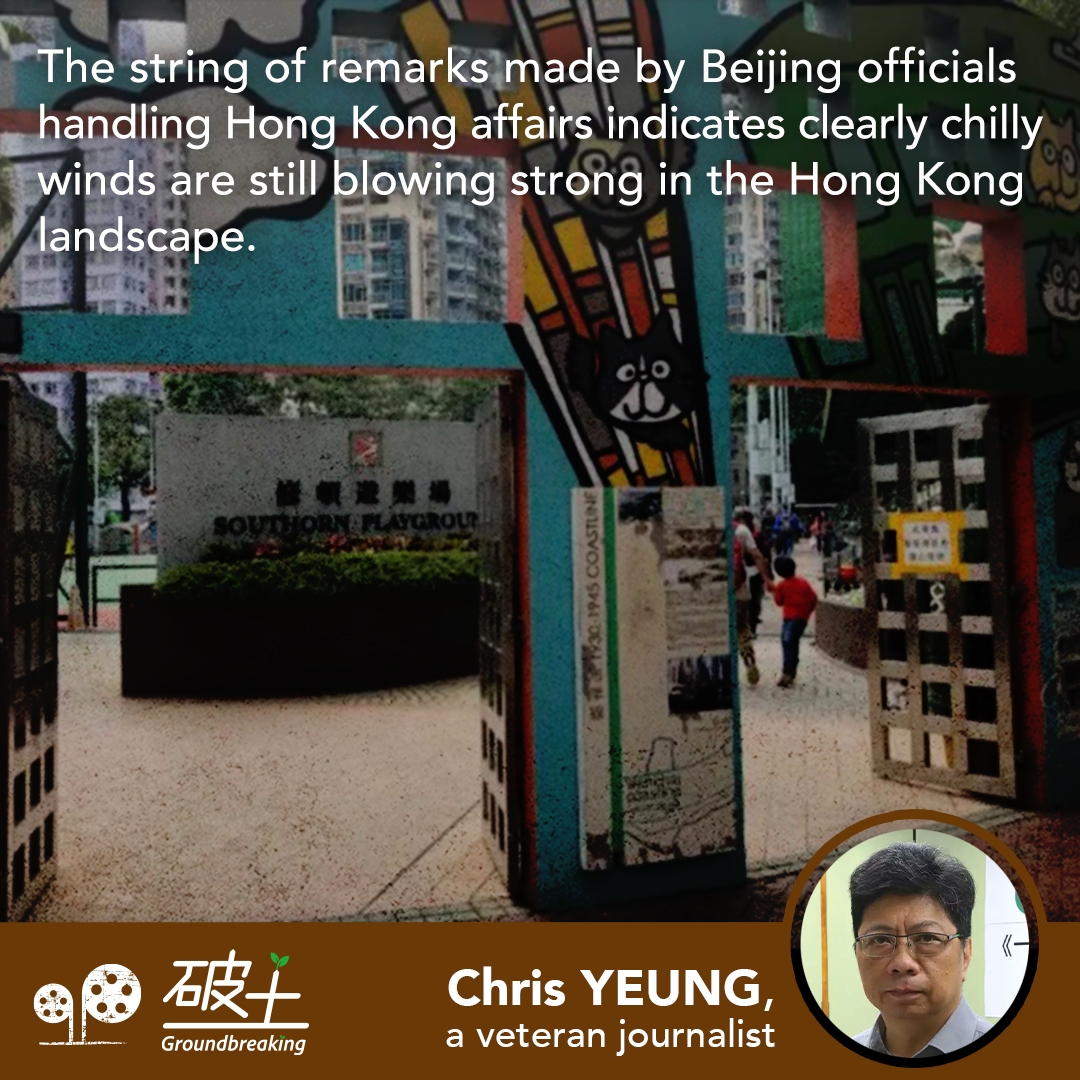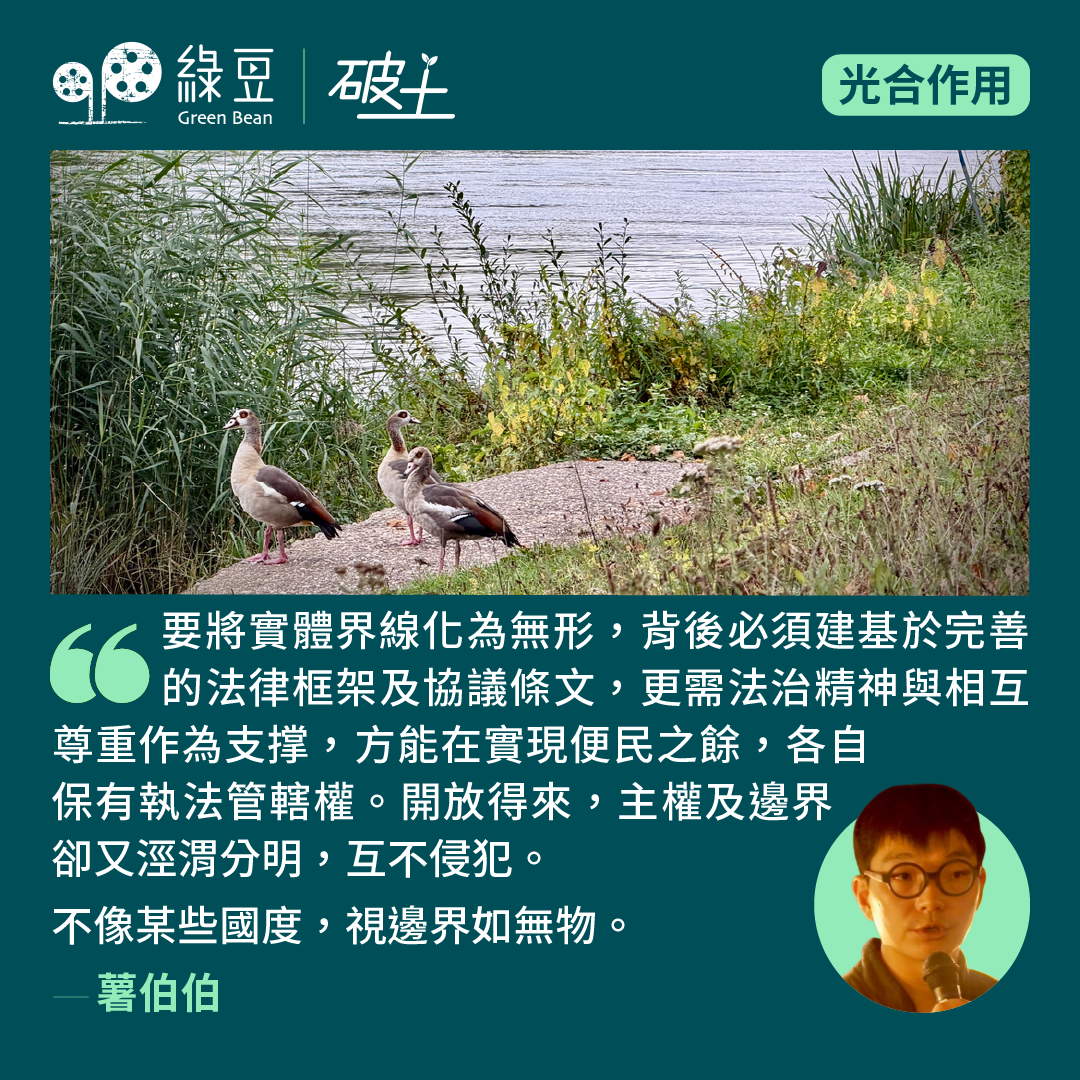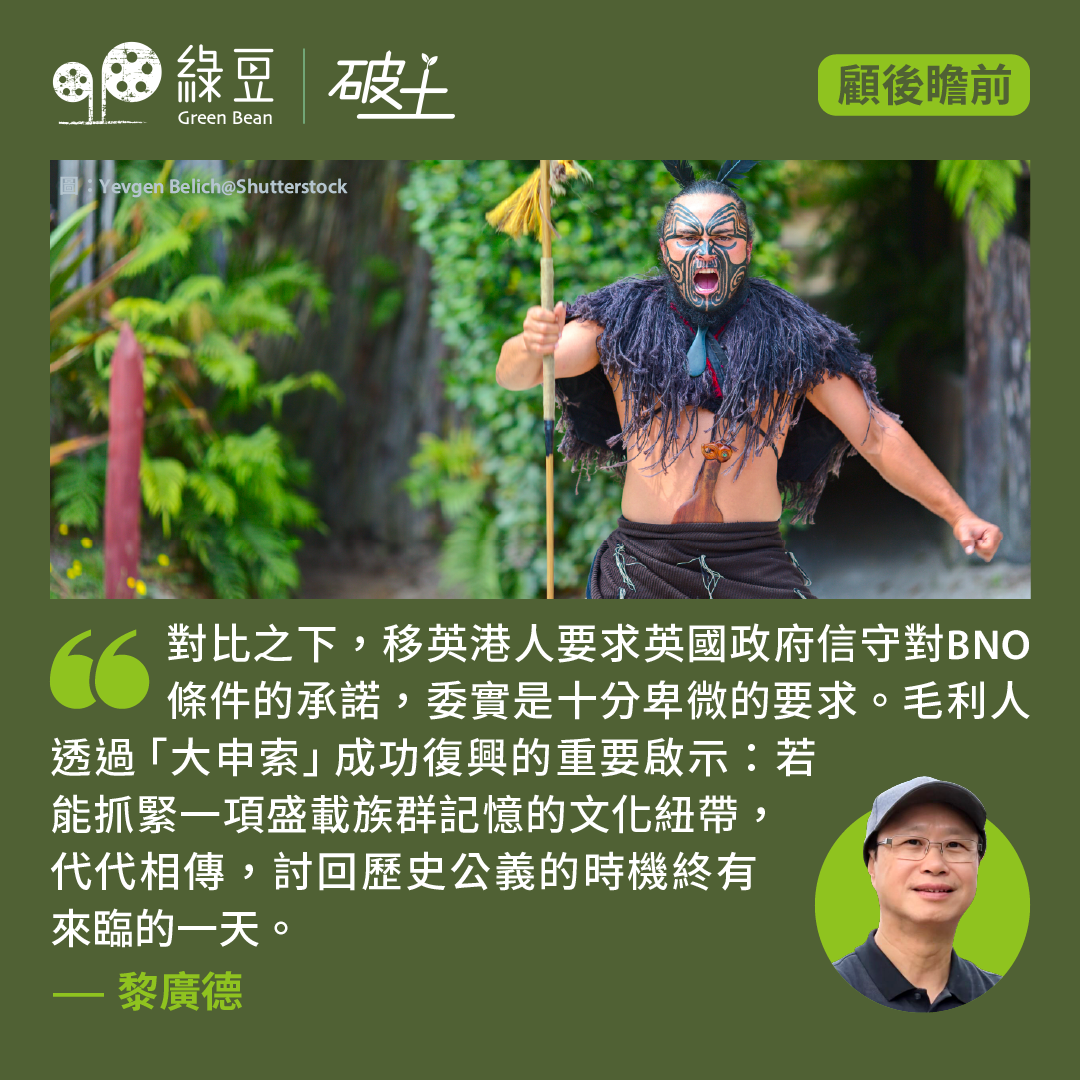Tough security talk at ‘two sessions’

Hopes, if any, that the annual “two sessions” concluded in Beijing this week will signal the beginning of healing and reconciliation in Hong Kong after a protracted phase of socio-political turbulence erupted in mid-2019 look dim.
Remarks made by top Chinese officials during the National People’s Congress (NPC) and the Chinese People’s Political Consultative Conference (CPPCC) show political struggle will remain high on the list of priority tasks of both the central authorities and the Hong Kong government in the coming year, to say the least.
Delivering a list of “four hopes” to local and Macau CPPCC delegates at a meeting on Wednesday, Wang Huning, a Politburo Standing Committee member, urged members to uphold national security firmly.
He also called on delegates to make joint efforts to seek development, help improve livelihood problems and “tell Hong Kong stories well” in overseas countries.
Speaking after attending the opening session of the NPC plenum, Chief Executive John Lee quoted a senior Beijing official as saying the risks of national security “still exist” and the destructive forces were still lurking in Hong Kong.
Li said Xia Baolong, director of the State Council’s Hong Kong and Macau Affairs Office, has reminded the Hong Kong government to do risk management and all precautionary plans well.
The Government, Xia reportedly said, should hit hard at any organisations that cause damage to national security, peace and safety in Hong Kong. “They (destructive forces) must not be allowed to nurture and spread.”
Lee told reporters the SAR government will strengthen risk management and intelligence gathering work, adding anyone who attempted to undermine national security and the city’s peace and overall interests will be handled in accordance with the laws.
If the “two sessions” are seen as a barometer of the state of the nation, the string of remarks made by Beijing officials handling Hong Kong affairs indicates clearly chilly winds are still blowing strong in the Hong Kong landscape.
Beijing officials reportedly told delegates to take a resolute stance and not to waver when it comes to matters of major national interest. “In critical moments, (delegates) must come out to take on responsibilities.”
Both Xia Baolong and Zheng Yanxiong, the new director of the Liaison Office held the view that national security risks “still exist” in the city. And importantly, they maintained threats to national security were lurking.
Toeing the official line, John Lee and his top security aides including minister Chris Tang and Police chief have made similar remarks on various occasions.
The depleted pro-democracy force would have no difficulty in ascertaining the hardline stance of Beijing is still prevailing.
On March 4, a women’s group with affiliations with the pro-democracy camp canceled a rally scheduled to be held at the Southorn Playground on March 5 to fight for women’s rights ahead of the International Women’s Day. The group revealed a few days later they had been repeatedly asked to meet with national security officials from the Police before March 5 to discuss the arrangements of the rally.
They expressed regret that some groups and residents who had said they would attend the rally had received threats. The League of Social Democrats said their core members were told by national security officials they will be arrested if they turned up at the Southorn Playground.
On March 7, a group of 18 core members of the Democratic Party held a dinner after the party had apparently canceled a spring dinner for about 200 members and friends, which was rescheduled for next week after repeated cancellations by restaurants shortly when the dinners were scheduled to take place.
In a related development, Police have said earlier they will make a decision on the investigations of more than 6,000 cases related to the 2019 social movement within February. Media reported on February 28 it has been postponed to this month.
Although Police’s conclusions of those cases are unclear, putting an end to the lengthy investigations has been seen as a positive sign and, hopefully, an end of the political chaos and a beginning of healing and reconciliation.
With hindsight, the delay of a decision until after the closing of the “two sessions” seems to be a calculated move to avoid giving any wrong political signals when the “two sessions” got near.
About two weeks before the “two sessions,” a pro-Beijing heavyweight Lo Man-tuen caused a stir when he wrote an article calling for a deferral of the Basic Law Article 23 legislation. He argued, among other factors, that national security has been effectively upheld after the implementation of the national security law.
Hasty legislation, he warned, could do more harm than good when dealing issues including Taiwan reunification and economic recovery.
The timing of Lo’s moderate and pragmatic views was intriguing. That similar line of thinking went missing at the “two sessions” as the talk of upholding national security resonated at the Great Hall of the People was not surprising, but hardly conducive to a return to normality.
▌[At Large] About the Author
Chris Yeung is a veteran journalist, a founder and chief writer of the now-disbanded CitizenNews; he now runs a daily news commentary channel on Youtube. He had formerly worked with the South China Morning Post and the Hong Kong Economic Journal.





